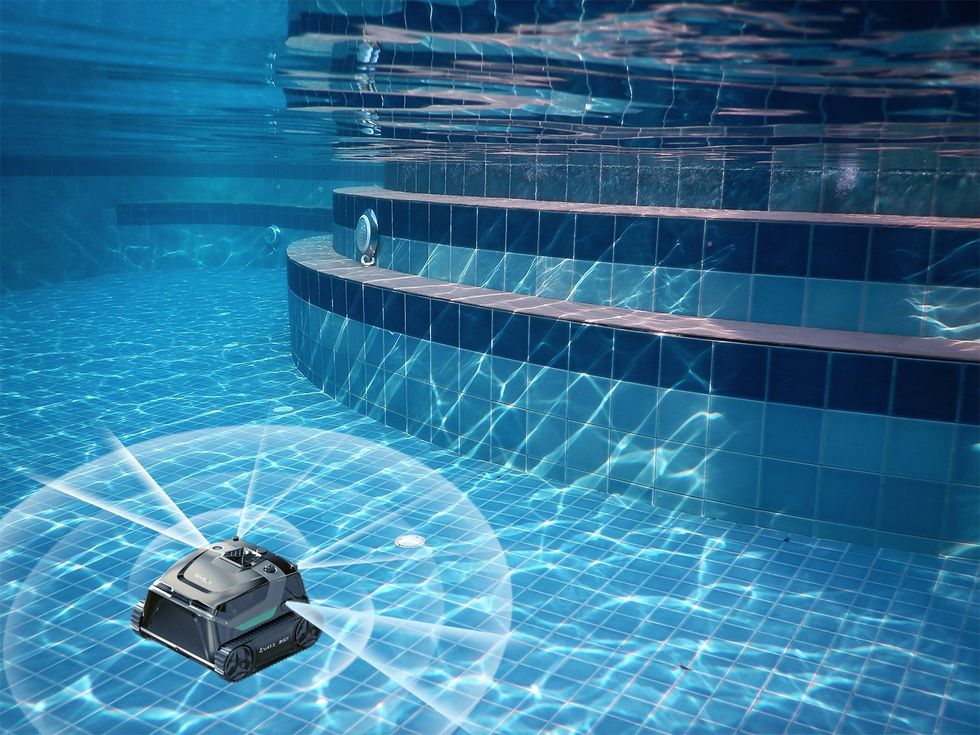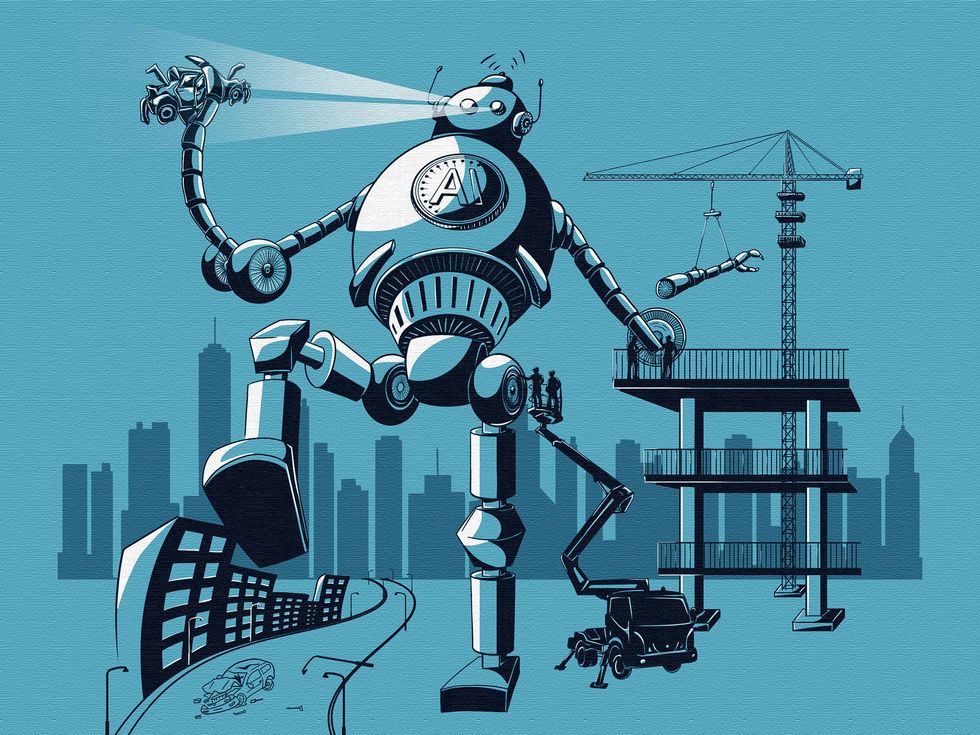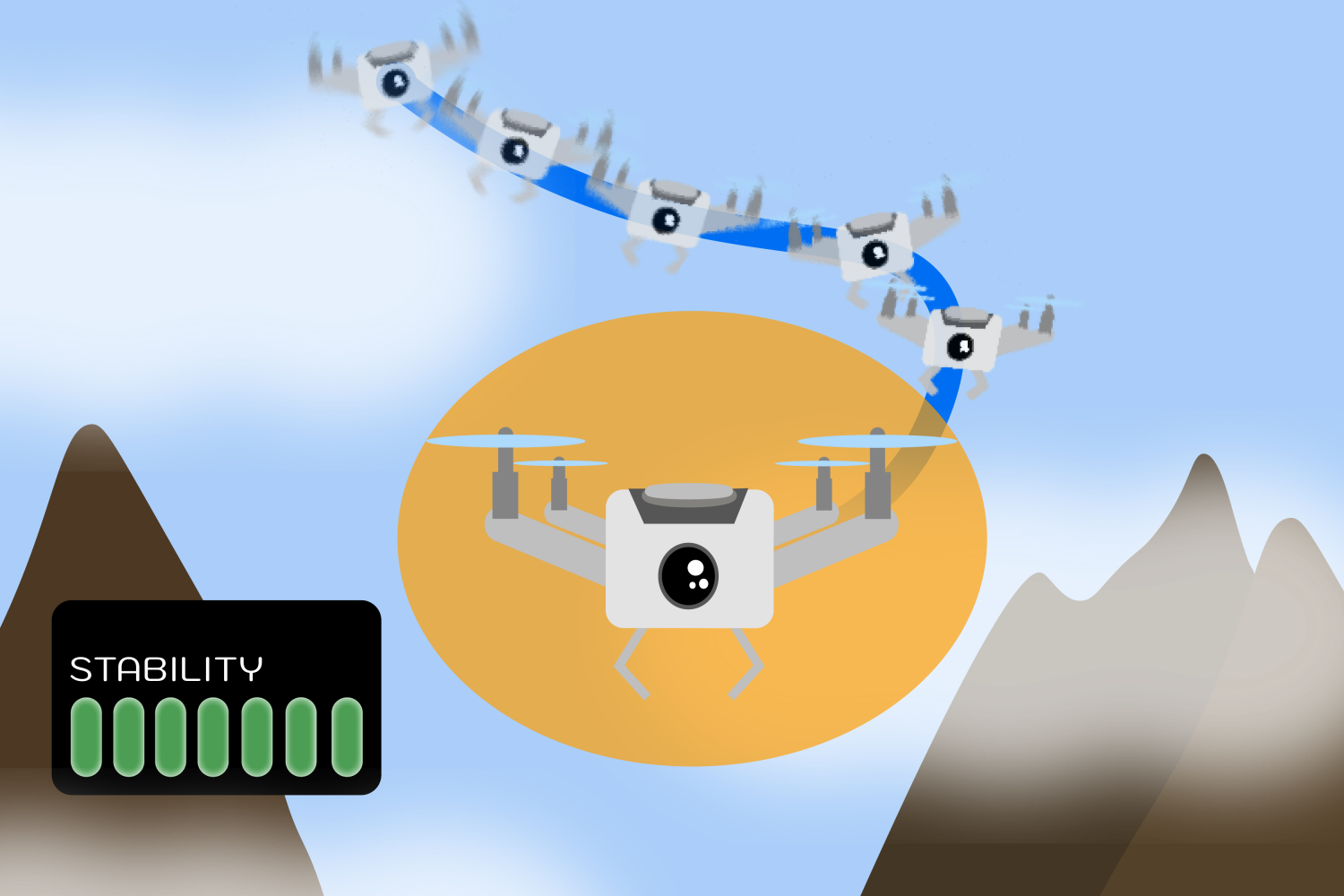A new Atlas, Figure’s bonkers funding round, and the last voyage of a helicopter on Mars
Evan Ackerman is IEEE Spectrum’s robotics editor.

2024 was the best year ever for robotics, which I’m pretty sure is not something that I’ve ever said before. But that’s the great thing about robotics—it’s always new, and it’s always exciting. What may be different about this year is the real sense that not only is AI going to change everything about robots, but that it will somehow make robots useful and practical and commercially viable. Is that true? Nobody knows yet! But it means that 2025 might actually be the best year ever for robotics, if you’ve ever wanted a robot to help you out at home or at work.
So as we look forward to 2025, here are some of our most interesting and impactful stories of the past year. And as always, thanks for reading!
1. Figure Raises $675M for Its Humanoid Robot Development
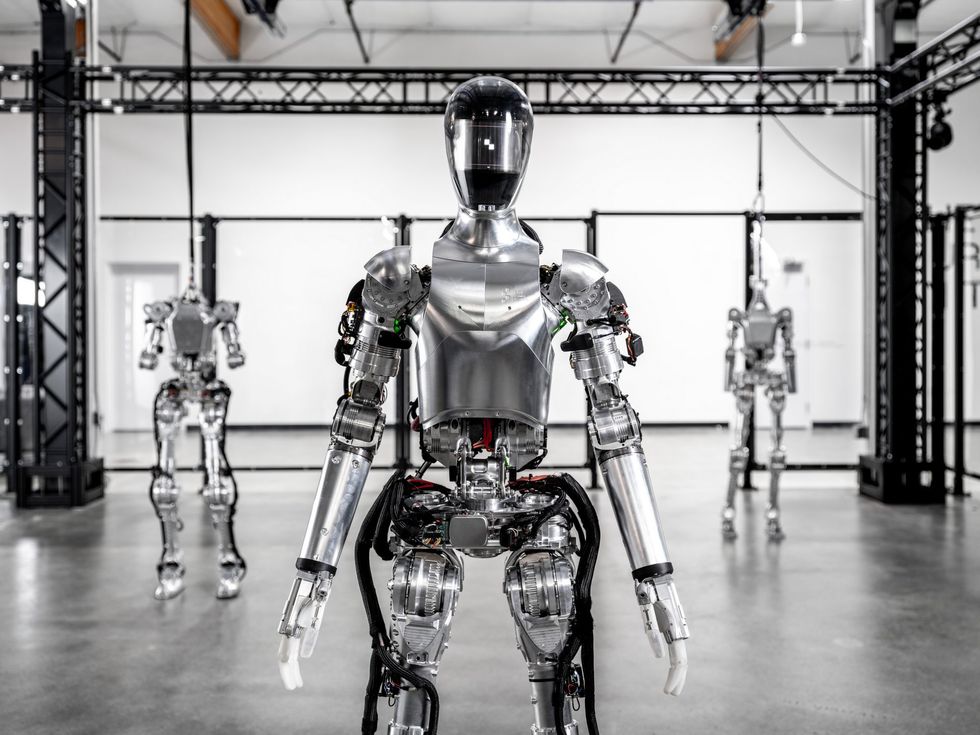
Figure
This announcement from back in February is pretty much what set the tone for robotics in 2024. Figure’s Series B raise valued the company at a bonkers US $2.6 billion, and all of a sudden, humanoids were where it’s at. And by “it,” I mean everything, from funding to talent to breathless media coverage. The big question of 2024 was whether or not humanoids would be able to deliver on their promises, and that’s shaping up to be the big question of 2025, too.
2. Hello, Electric Atlas

Boston Dynamics
It didn’t take long for legendary robotics company Boston Dynamics to make it clear that they’re not going to be left behind when it comes to commercial humanoids. For a company that has been leading humanoid research longer than just about anyone but has bounced around from owner to owner over the last 10 years, we were a little unsure whether Atlas would ever be more than a research platform. But the new all-electric Atlas is designed for work, and we saw it get busy in 2024.
3. Farewell, Hydraulic Atlas

Boston Dynamics
As much as we’re excited for the new Atlas, the old hydraulic Atlas will always have a special place in our hearts. We’ve been through so much together, from the DRC to parkour to dancing. Electric robots are great and all, and I understand why they’re necessary for commercial applications, but all of that hydraulic power meant that hydraulic Atlas was able to move in dynamic ways that we may not see again for a very long time.
4. Nvidia Announces GR00T
So we’ve got all these humanoid robots now with all this impressive hardware, but the really hard part (or one of them, anyway) is getting those robots to actually do something commercially useful in a safe and reliable way. Is training in simulation the answer? I don’t know, but NVIDIA sure thinks so, and they’ve made a huge commitment by investing in GR00T, a “general-purpose foundation model for humanoid robots.” And what does that mean, exactly? Nobody’s quite sure yet, but with NVIDIA behind it that’s enough to make the entire industry pay attention.
5. Is It Autonomous?
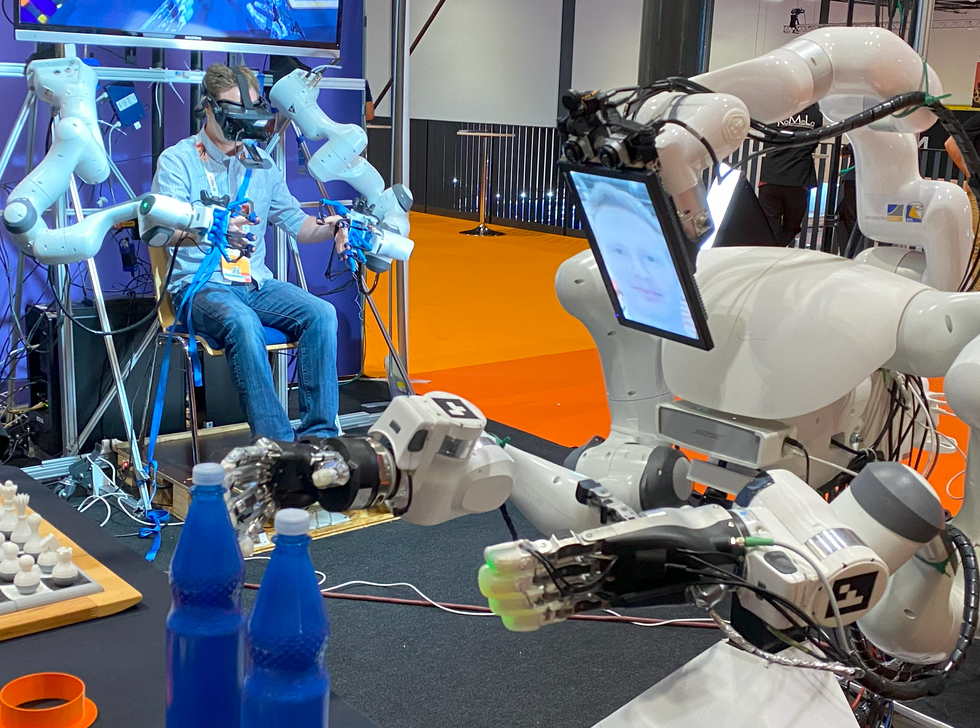 Evan Ackerman
Evan Ackerman
With all the attention on humanoid robots right now, it’s critical to be able to separate real progress from hype. Unfortunately, there are all kinds of ways of cheating with robots. And there’s really nothing wrong with cheating with robots, as long as you tell people that the cheating is happening, and then (hopefully) cheat less and less as your robot gets better and better. In particular, we’re likely to see more and more teleoperation of humanoid robots (obviously or otherwise) because that’s one of the best ways of collecting training data: by having a human do it. And being able to tell that a human is doing it is an important skill to have.
6. Robotic Metalsmiths
 Machina Labs
Machina Labs
Some of my favorite robots are robots that are able to leverage their robotic-ness to not just do things that humans do, but also do things that humans cannot do. Robots have the patience and precision to work metal in ways that a very highly skilled human might be able to do once, but the robots (being robots) can do it over and over again. NASA is leveraging this capability to build complex toroidal tanks for spacecraft, but it has the potential to change anything that’s made out of sheet metal.
7. The End of Ingenuity
 JPL-Caltech/ASU/NASA
JPL-Caltech/ASU/NASA
One of the greatest robotics stories of the last several years has been Ingenuity, the little Mars helicopter. We’ve written extensively about how Ingenuity was designed, how it can fly on Mars, and how it just kept on flying, more than 50 times. But it couldn’t fly forever, and as Ingenuity was pushed to fly farther and farther over more challenging terrain, flight 72 was to be its last. After losing its ability to localize over some particularly featureless terrain, the little robot had a very rough landing. It lived to tell the tale, but not to fly again.
Ingenuity’s spectacularly successful mission means, we hope, that there will be more robotic aircraft on Mars. And just last week, NASA shared a new video of Ingenuity’s successor, the Mars Chopper. That’s definitely something we’ll be looking forward to.
How useful was this post?
Click on a star to rate it!
Average rating 0 / 5. Vote count: 0
No votes so far! Be the first to rate this post.
We are sorry that this post was not useful for you!
Let us improve this post!
Tell us how we can improve this post?



